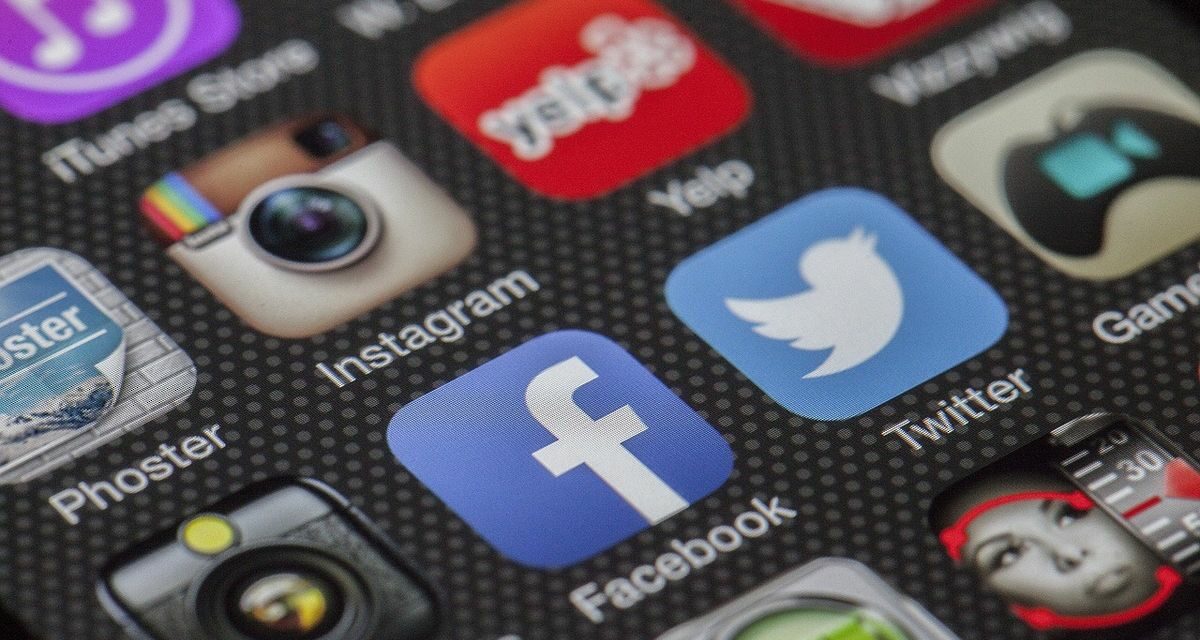According to the article in Ripost, serious changes will soon come into effect at all three mobile service providers: the zero tariff will be abolished everywhere, which will mean that we will have to buy more mobile data if we do not change our Internet habits. In other words, the use of some applications and services will have to be paid for in a certain sense in the future.
From March, the use of applications that could previously be used without consuming data traffic - such as Facebook, Instagram, Messanger - will appear on our phone bill at the end of the month if we used them with our mobile internet. Behind the decision is a European Union directive, which tries to stimulate competition between mobile service providers and application developers.
What applications and services will require more mobile internet?
It affects applications that so far have not reduced our mobile internet with their own content. These are mainly social media, chat, navigation, music and video streaming applications. Basically the following:
At Telekom: unlimited Facebook, Instagram, Messenger, WhatsApp, Waze, Spotify, Tidal, Apple Music, Deezer, TV GO and HBO Max services.
With Yettel: unlimited e-mail sending/receiving and browsing, unlimited Facebook and other social media use, the HBO service package, Yettel TV, TV2 Play Premium, Yettel TV + HBO MAX, Yettel Music and Deezer services.
At Vodafone: Social Pass, Connect Pass; the EU Video Pass, NavigationPass (Waze, Google Maps) and Music Pass (Spotify, SoundCloud, Deezer, Tidal) packages.
How much data does each such application consume?
The use of applications does not consume the mobile internet to the same extent. Some applications and some of their functions consume more data, others less. For example, sending and receiving 100 messages in Facebook Messenger costs 10 KB of data traffic. 1 minute of reading a Facebook news feed is 2 MB, 1 minute of listening to music online is 5.6 MB - which can be up to 19 MB in case of extreme quality - and one minute of Instagram browsing is 20 MB. And the conversion numbers between GB and MB are as follows: 1 GB = 1024 MB; 1 MB = 1024 KB.
Who will be affected by the end of the zero tariff?
Those who previously chose a package in which certain apps and services were used without data traffic. They either switch to a larger package - which includes more mobile internet - or use mobile internet less and WiFi more.
Source: Ripost
(Header image: Pixabay)
civilek.info:
Now everything will fall into place, there will be a competition at its best! But from what? From the fact that you have to pay for what you used to be free of charge with every service provider? Who is competing with whom here? Because if the regulation is uniform, somehow it cannot be discovered as a means of stimulating competition. It is more that the introduction was successful, we are full of mobile internet addicts, people on the subway, bus, and tram are pinging until their noses bleed, so the time has come for service providers to earn a little (?) more at the store. Of course, those who wash their hands cannot help it, the Union has decided. It will never be revealed to whom, to whom, to which lobby this great step is "due".
Of course, the world is not collapsing, many other addicts like the military officer also pay, just don't have to give up your passion. Smokers will pay for cigarettes, drunkards for alcohol - cell phone addicts will also pay. After all, you have to pay for everything anyway.
But why for what was free until now? Well...just.













